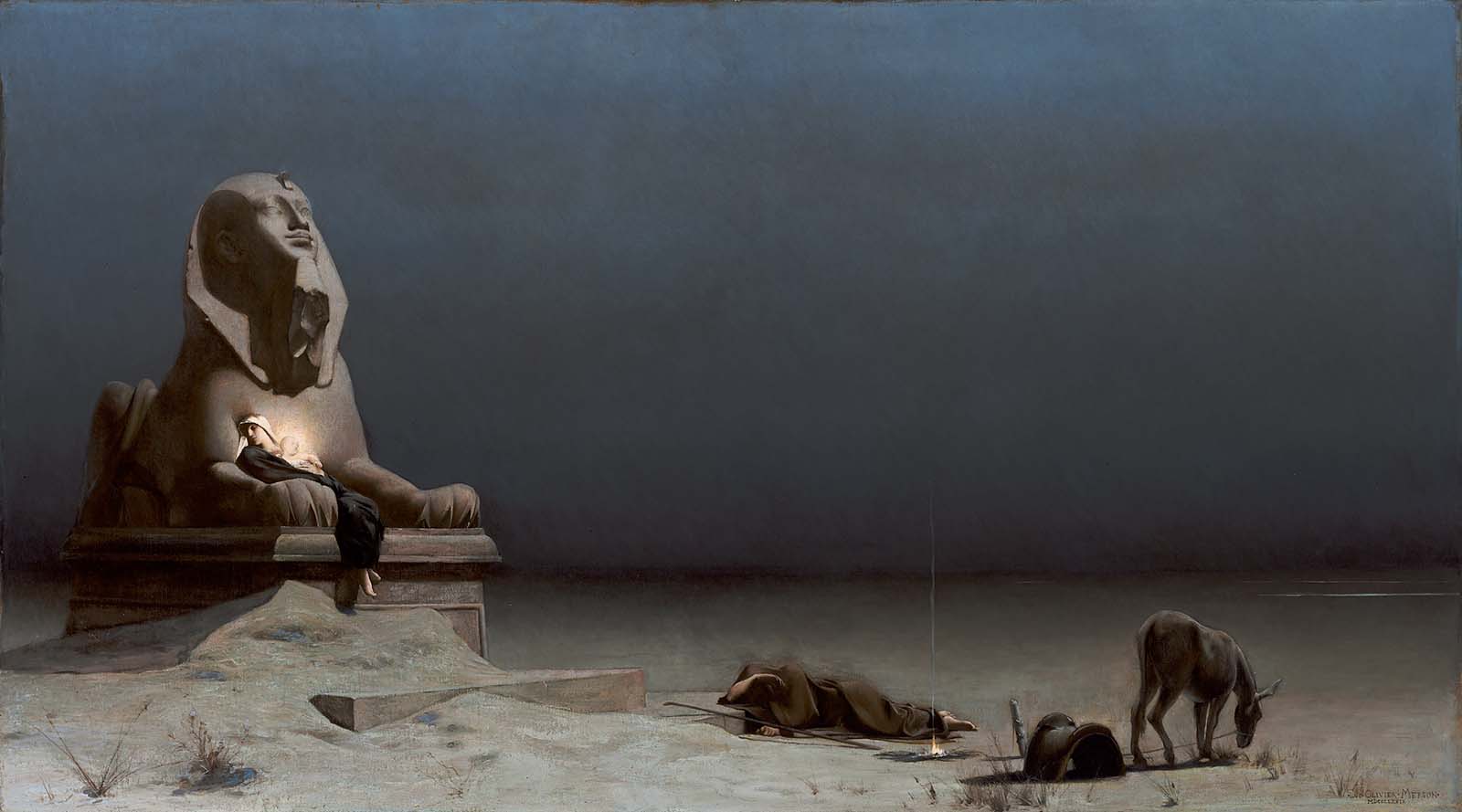Today’s readings teach us that the Lord not only calls us to help him in his mission, but also calls to something greater.
In today’s First Reading Samuel, with the priest Eli’s help, gradually realizes that the Lord is calling him to be his prophet. Samuel’s mother was so grateful for having him after entreating the Lord to bless her with a child that she entrusts him to the Lord in the Temple. Samuel is precious in the Lord’s eyes too, and the Lord starts calling him, but Samuel is too young and inexperienced to understand what is going on. He turns to the priest Eli and, at first, Eli doesn’t understand what is going on either. We can imagine him groggily sending Samuel away the first time, then perplexed when the boy returns a second time. His advice to Samuel on the second occasion is good advice for any situation: listen for the Lord and tell him his (or her) servant is listening. Today’s readings conclude by saying no word of Samuel’s was “without effect” for the rest of his life. That was because Samuel became the Lord’s prophet. The Word of God has an effect, whether we accept it or not.
Paul in today’s Second Reading reminds us that, in Christ, we are already part of something greater, and what we do or don’t do influences more than just ourselves. Through Baptism we are joined with Christ and our fellow believers in a communion of life and love. Our sins not only have repercussions on ourselves, but on everyone with whom we are in communion. They hurt Our Lord and they hurt our fellow believers. Is serious enough they can even break that communion. However, on the flip side, the good we do not only helps Our Lord, but others as well. We are members of the Mystical Body of Christ, so what we do is for the good or ill of the entire body. We are also temples of the Holy Spirit. We bear something precious in us that must be cherished and nurtured.
In today’s Gospel two disciples of the prophet John the Baptist, at his encouragement, check out a Rabbi (a.k.a. the Lamb of God) and become not only his disciples, but his friends, and must share the good news. Two disciples of a prophet go looking for a Rabbi and find not only a Rabbi, but a friend and much more. Andrew and the “other disciple,” whom we presume to be John the Evangelist, don’t start grilling Our Lord when they meet him. Rather, they want to hang out with him. They don’t address him as the “Lamb of God” as John the Baptist did, just as “Rabbi,” an expression of respect and an acknowledgment that he has something to teach them.
He doesn’t try to impose any preconceived notions on them in response; he simple says, “come and see.” It is not just learning from him, but living with him. Andrew, as the Gospel recalls, “heard John and followed Jesus.” If he hadn’t listened to John he would not have found Jesus either. In following Jesus Andrew discovers that he has met the Messiah, and that’s not something he can keep to himself, so he shares it with his brother, Simon. The minute Jesus meets Simon he gives him a nickname—Cephas—and from that friendship a great mission would soon be born. Cephas—Peter—would not undertake that mission alone; he would follow Christ and share in his mission.
Take the “Samuel” challenge this week: not just once, but three times, take a few minutes of silent prayer this week and say, “Speak, Lord, for your servant is listening,” then listen. Listening here does not just consist of processing information, but of being ready to do what he tells you, even if it is hard. He may give you an entirely new mission in life, he may simply tell you to get your act together, but he will tell you something. If you think he is trying to tell you something, but don’t quite get it, seek someone who can give you good spiritual advice.
Readings: 1 Samuel 3:3b–10, 19; Psalm 40:2, 4, 7–10; 1 Corinthians 6:13c–15a, 17–20; John 1:35–42.





